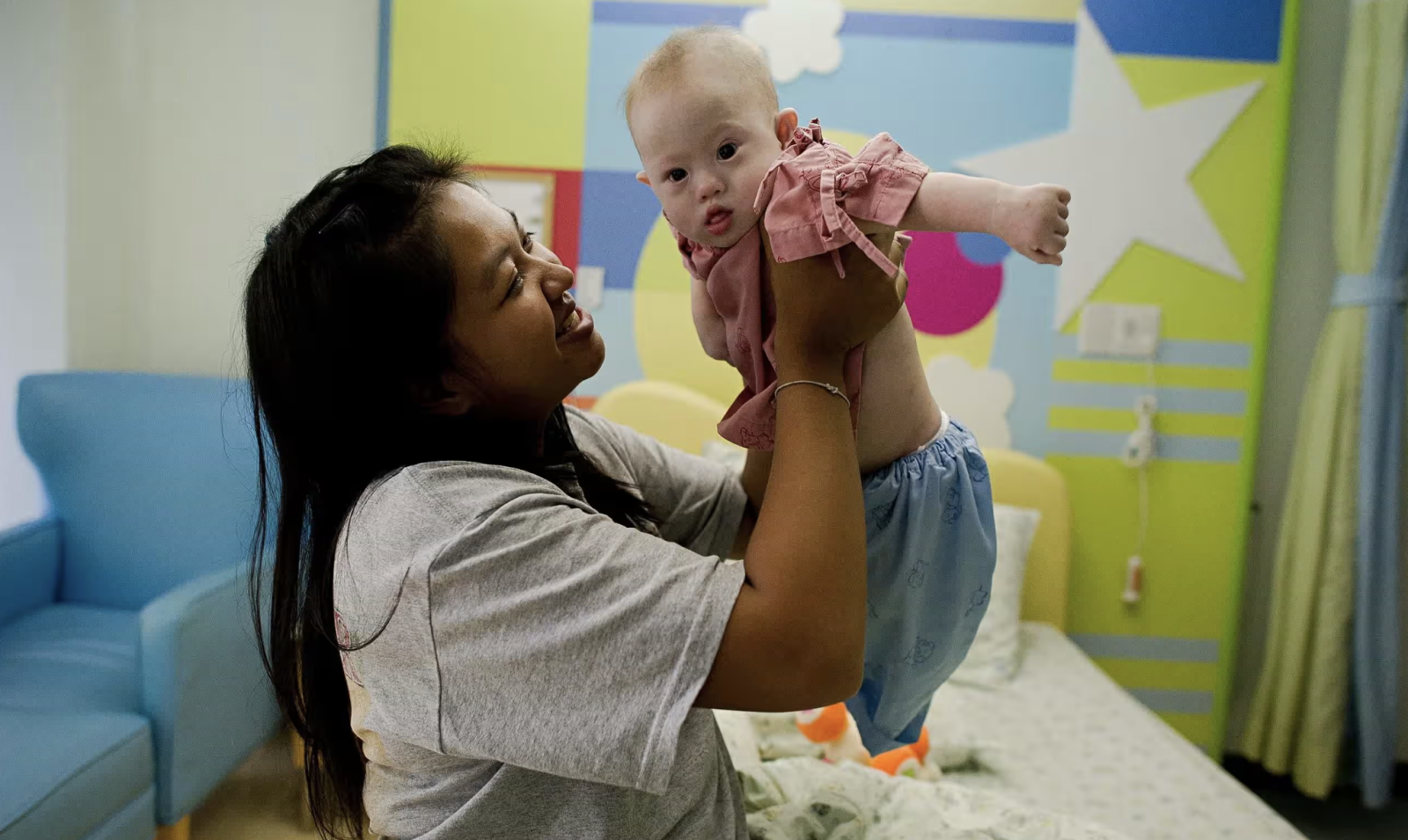Thai authorities are preparing to amend surrogacy laws to welcome foreign couples to find surrogates to bear children in the country.

Under the current law, officially known as the “Protection of Children Born Through Assisted Reproductive Technology Act,” surrogacy services must be provided to Thais, said Arkhom Praditsuwan, deputy director-general of the health service support agency.
The amendment will allow foreign couples to seek surrogacy services in the country. They can bring in surrogate mothers or choose Thai women to perform the role. A committee of the Department of Health Services Support is currently drafting relevant regulations.
“If the bill is passed, it will be the first of its kind in the world. Foreigners are paying special attention to this issue and when liberalized, the medical economics sector will have quite positive changes,” said Mr. Arkhom.
He stressed that the bill would also spell out detailed methods to prevent human trafficking.
Illegal surrogacy by foreigners has long been a challenge for Thai authorities. In addition, authorities are continuing to conduct investigations into activities such as: Illegal smuggling of sperm, eggs and frozen embryos into and out of the country.
The current law, which came into effect in 2015, has tough regulations to control surrogacy and banned foreign couples from using the service after a number of high-profile scandals.
Dr Sura Wisedsak, head of the Health Service Support Agency, said the law has helped many couples with fertility problems in Thailand. The success rate of fertility treatments in the country is increasing and the technology used is internationally recognized.
Last year, the number of babies born dropped below 500,000 and could fall further this year, he added. In 2024, the agency will push for changes to the law, such as allowing women aged 20 to 40 to receive donated eggs from relatives and allowing women over 55 to become surrogates for their own children.
Currently, there are 115 infertility treatment facilities in the country, including 67 clinics, 31 private hospitals and 17 public hospitals.
About 800,000 people die each year in Thailand, causing the population to shrink. Like many other countries, Thailand is also facing an aging population, with citizens over 60 currently accounting for 20% of the total population and this ratio is predicted to reach 1/3 by 2030.